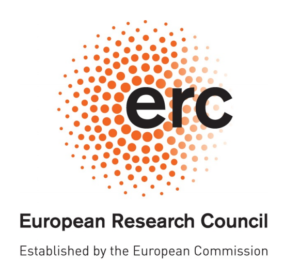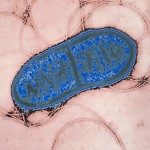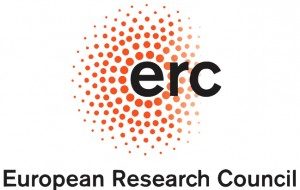About
 Humans live in a symbiotic relationship with trillions of microorganisms that inhabit our bodies and play an important role in health and disease. There is a growing interest in manipulating the microbiome to improve health, yet we currently lack the knowledge and technology to carry out precise interventions. The objective of this proposal is to enable efficient in situ genetic perturbations of bacteria in the gut environment by developing the next generation of synthetic biology tools based on bacteriophage delivery vectors and CRISPR-Cas systems. The first aim is to establish a collection of genetically amenable bacteria of the human gut and the associated vectors. This will be achieved by delivering large combinatorial libraries of vectors to complex bacterial communities followed by the high-throughput identification and isolation of successfully modified bacteria. We will also identify bacterial defense systems against horizontal gene transfer and methods to bypass them. The second aim is to engineer and evolve phage vectors to deliver custom genetic circuits to the microbiome, using two main approaches: the construction of chimeric phage capsids, and the in vivo targeted mutagenesis of phage host range determinants using diversity generating retro-elements. The third aim is to perform in situ genetic perturbations in the gut environment using CRISPR-Cas tools. We will evaluate the efficiency and specificity of our phage vectors in the animal gut environment. Finally we will use our phage vectors to deliver CRISPR-Cas systems to bacteria in the mouse gut and perform forward genetic screens. This will shed light on the genetic requirements for growth in the gut and on the niche occupied by different members of the microbiome. Altogether, the knowledge and technologies developed in this project will be instrumental both to further our understanding of the gut microbiome and for the development of future microbiome targeted therapies.
Humans live in a symbiotic relationship with trillions of microorganisms that inhabit our bodies and play an important role in health and disease. There is a growing interest in manipulating the microbiome to improve health, yet we currently lack the knowledge and technology to carry out precise interventions. The objective of this proposal is to enable efficient in situ genetic perturbations of bacteria in the gut environment by developing the next generation of synthetic biology tools based on bacteriophage delivery vectors and CRISPR-Cas systems. The first aim is to establish a collection of genetically amenable bacteria of the human gut and the associated vectors. This will be achieved by delivering large combinatorial libraries of vectors to complex bacterial communities followed by the high-throughput identification and isolation of successfully modified bacteria. We will also identify bacterial defense systems against horizontal gene transfer and methods to bypass them. The second aim is to engineer and evolve phage vectors to deliver custom genetic circuits to the microbiome, using two main approaches: the construction of chimeric phage capsids, and the in vivo targeted mutagenesis of phage host range determinants using diversity generating retro-elements. The third aim is to perform in situ genetic perturbations in the gut environment using CRISPR-Cas tools. We will evaluate the efficiency and specificity of our phage vectors in the animal gut environment. Finally we will use our phage vectors to deliver CRISPR-Cas systems to bacteria in the mouse gut and perform forward genetic screens. This will shed light on the genetic requirements for growth in the gut and on the niche occupied by different members of the microbiome. Altogether, the knowledge and technologies developed in this project will be instrumental both to further our understanding of the gut microbiome and for the development of future microbiome targeted therapies.


